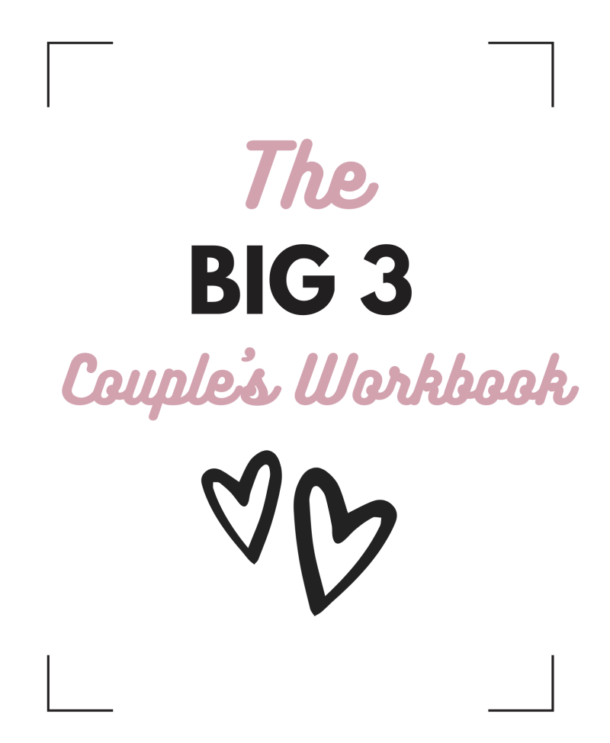
Good grief: Stages and Cycles
Most people have heard at least once in their life about the grief cycle, the one that that Elisabeth Kubler-Ross defined: Shock, Denial, Anger, Bargaining, Depression, Testing, and Acceptance. These stages are typical for anyone who has lost a loved one, been fired, gone through a divorce or experienced a catastrophic trauma such as 9/11.
There is undoubtedly some form of shock. A cancer diagnosis. A downsized position. A spouse who wants out of the marriage. An airplane crash. Anger, which in common in some cases, is warranted. Bargaining with another person or God to try and negate or minimize the loss, is often followed by a period of darkness or depression and often manifested as PTSD. For some, acceptance, which may take months years or longer to reach, finally arrives.
What if your grief doesn’t fall neatly into one of those categories? Or what happens if you hopscotch around them, skipping a few, or going straight from shock to acceptance? It’s probable that the average person who has faced a loss will make a pit stop at each one of these but not impossible if she opts out of one or two, especially if the loss was completely unexpected. I have three friends who all lost their husbands within a year of each other, and each one visited these stages differently. One, a pastor who dealt with other’s grief all the time, said she was not prepared for her lifelong husband’s ultimate death from cancer. She was numb, as would be expected, but didn’t stay there long. Another seemed to jump straight from denial to acceptance, perhaps suppressing some anger, but never seeking counsel or much help from others. The last one, due to the tragic nature of her husband’s death, got stuck in denial stage and spent a year without moving on from the position of accepting the inevitable future. She spent many days in a dark soul of the night.
One trap is when a grieving person moves onto the next phase, without completing an earlier phase and move backwards in a cycle that repeats earlier emotions and actions. This cycling is really a form of avoidance of the inevitable, and does not serve the person well. We all must spend an appropriate amount of time in each of these stages, although it may look different for each griever, but there is a danger in hopscotching or completely glossing over pain. It’s real. It’s there. It’s okay to face it. Most of all, it’s healthy to seek help.
Are you stuck in one of these stages of grief? Face them, one by one if needed, with the help of a good counselor or grief coach. You are worth it.
Reflections Life Coaching


